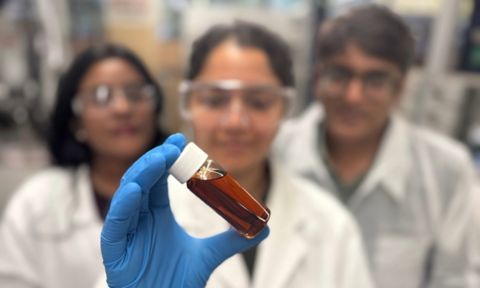Accelerating health workforce skills through a successful pilot program
Following a successful pilot run by RMIT University’s Health Transformation Lab and College of Vocational Education addressing digital skills shortages, the Victorian Government has increased its support with an additional $4.75 million announced to expand Skills Solutions Partnerships – a platform for training providers and industry to collaboratively develop programs addressing emerging skills needs across Victoria.
Water expert joins RMIT Europe
Drawing on extensive expertise in water resource science from Melbourne, Australia, RMIT’s Professor Vincent Pettigrove is set to collaborate with RMIT Europe’s staff and industry partners over the next six months, particularly through his involvement in a research project aimed at improving coastal resilience throughout Europe.
Gas-sensing capsule takes another big step from lab to commercialisation
An ingestible gas-sensing capsule that provides real-time insights into gut health has moved closer to market with RMIT University transferring IP ownership to medical device company Atmo Biosciences.
Aussie tech helps make bio-oils for greener industrial applications
Australian technology developed at RMIT University could enable more sustainable and cheaper production of bio-oils to replace petroleum-based products in electronic, construction and automotive applications.





